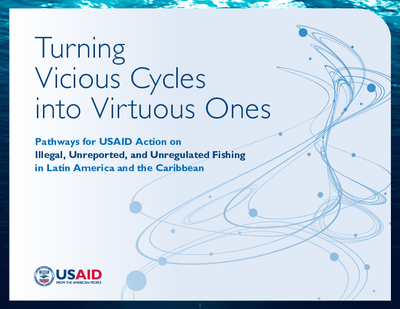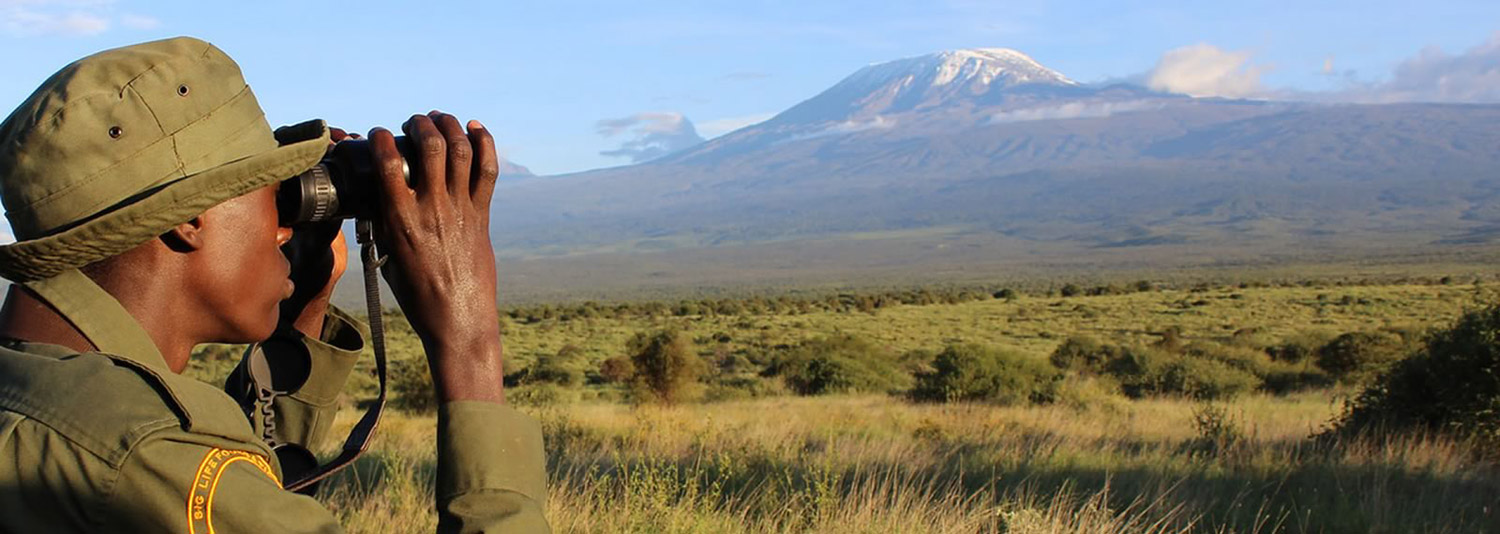Turning Vicious Cycles into Virtuous Ones: Pathways for USAID Action on Illegal, Unreported, and Unregulated Fishing in Latin America and the Caribbean

Author(s): Laurel Wolf, Lexine Hansen, and Teal Guetschow, Environmental Incentives; Nicholas Valcourt, Open Water Systems; and Tim Hanson, SumApp.
Publication Date: 2022
DOWNLOAD FILEGlobally, illegal, unreported, and unregulated fishing (IUUF)—or a combination of these practices—accounts for one in five fish caught in the wild. To start to illuminate the scope of IUUF in Latin America and the Caribbean (LAC), USAID’s Bureau of Latin America and Caribbean Office of Regional Sustainable Development (RSD) supported the convening of expert roundtables on the drivers of IUUF and what development partners can do to address them in three seascapes: the Pacific Coast of South America, the Caribbean, and Central America.
LAC/RSD engaged systems researchers to analyze that information, as well as data from a regionally focused literature review, to understand how the complex cause-and-effect relationships between factors affect IUUF in each area so that Missions can design activities to support local and national sustainable development while building resilience to the myriad and dynamic influences of the IUUF system.
The analysis focused closely on reinforcing feedback loops in which a change in one factor creates a change in another factor which then reinforces the change in the first factor, commonly called vicious cycles. This briefer includes system analyses for each of the three geographies; the analyses uncovered key factors, leverage points, and relevant feedback loops. These in turn underpin recommendations for possible actions, including to leverage feedback loops (i.e., transform vicious circles into virtuous ones), to improve understanding of the system (i.e., monitor key indicators and fill knowledge gaps), and to build coalitions to scale impacts (i.e., partner with key organizations).



